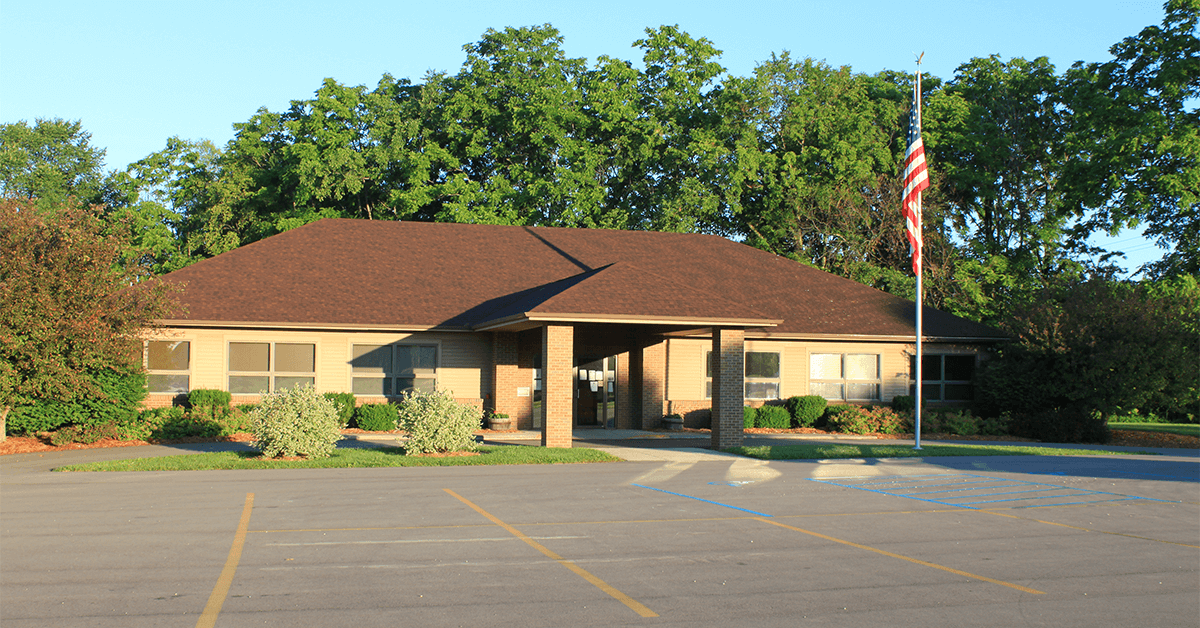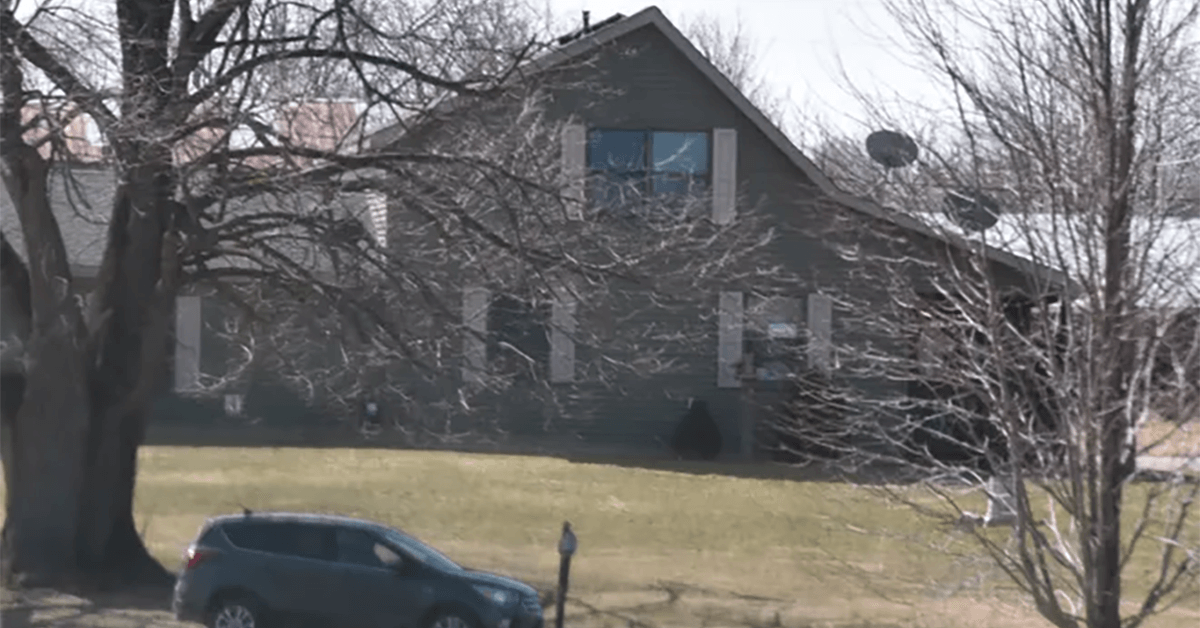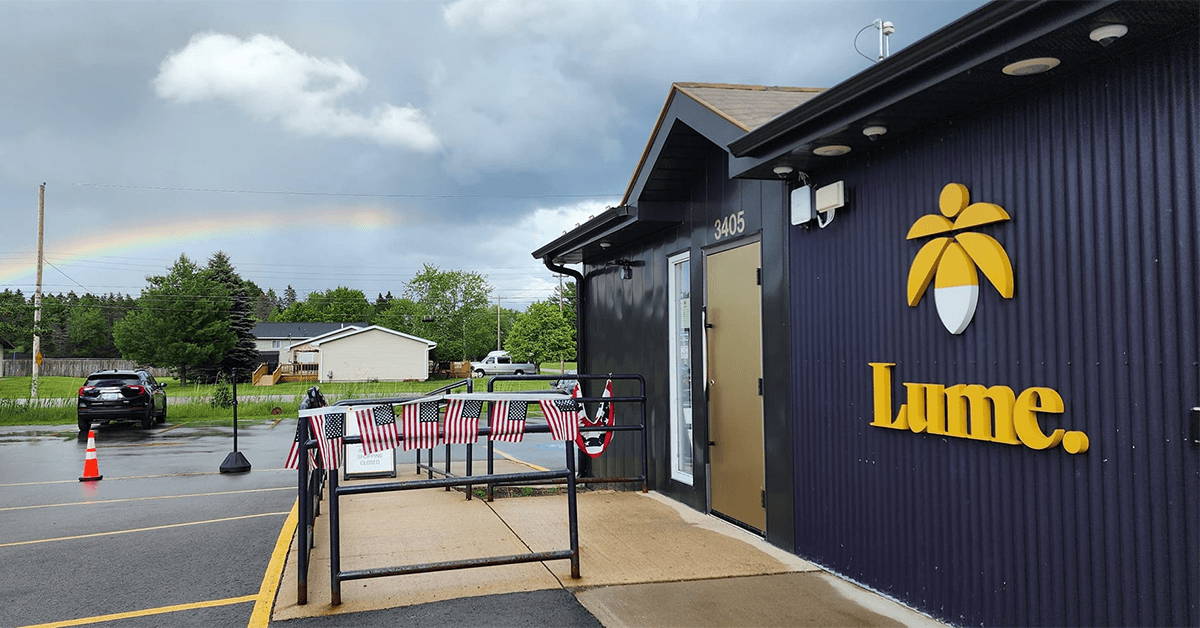Navigating Youth Safety Amidst Michigan's Marijuana Boom

In recent years, Michigan has experienced a notable economic uplift from the legalization and subsequent sales of recreational marijuana, particularly in major cities like Detroit. With the inception of legal marijuana sales to adults in December 2019, the state has observed billions of dollars in receipts. However, juxtaposed with this economic gain is a concerning trend in youth interaction with the substance.
Statistics from the Detroit Public Schools Community District spotlight an increase in student suspensions related to the possession of drug paraphernalia or controlled substances. Specifically, suspensions have escalated from 289 incidents during the 2019-2021 academic years to 1,735 in the 2021-2023 span, as shared by Assistant Superintendent Alycia Merriweather. This rise is particularly notable, even when considering potential variables like pandemic-related school closures in 2020 and 2021.
The emerging data indicates a necessity to delve deeper into the underlying causes and potential mitigations of increased marijuana use among young people, ensuring that the economic advantages of legalization do not overshadow the well-being of the community's youth.
Table of Contents
- Addressing Concerns: Youth Safety and Preventative Measures
- Funding and Proposals: Crafting a Financial Safety Net
- Ensuring Regulatory Compliance and Overcoming Challenges
- A Comprehensive Approach to a Sustainable Solution
- Balancing Economic Gain and Youth Welfare in a New Era
Addressing Concerns: Youth Safety and Preventative Measures
The ripple effects of marijuana legalization have brought forth challenges that reverberate through our youth demographic, showcasing a pivotal need for structured support systems. Data from organizations, such as the Detroit Recovery Project and Detroit Youth Connection, draw a parallel between the heightened availability of recreational marijuana and a diminished perception of its risks among young individuals. Notably, the incorporation of marijuana into edible forms like candies, cookies, and drinks has correlated with an unsettling rise in emergency room visits for overdoses among children and teenagers.
In this context, developing a comprehensive safety net becomes imperative to counterbalance the broader accessibility of legal marijuana and to stave off a potential crisis of marijuana abuse among the youth. A systemic approach, which encompasses programs that not only work towards preventing youth substance abuse but also aid those in need of treatment, is paramount in ensuring the well-being of our younger generations in the era of legalized marijuana.
Evidently, the conundrum of youth safety in the realm of accessible marijuana pivots on a fulcrum of prevention, education, and intervention, warranting a thorough exploration of viable strategies and programs.
Funding and Proposals: Crafting a Financial Safety Net
In an attempt to forge a path that intertwines the prosperity garnered from the marijuana industry with the assurance of youth safety, financial plans and proposals have surfaced. One such measure that has been implemented mandates that 2% of gross marijuana sales tax receipts in Detroit be directed towards the Detroit Wayne Integrated Health Network, to be utilized on youth substance abuse prevention within the city. However, with an approximation of $100,000 annually, juxtaposed against the substantial cost of around $500 per day for housing a young individual in a quality treatment facility, there is an evident financial gap.
Addressing this, several entities including the Detroit Recovery Project, The Detroit Youth Connection, Wayne County, and the City of Detroit have proposed an annual investment strategy. This encompasses a $10 million per annum investment over a span of five years to establish and uphold a marijuana substance use safety net. Intended to be funded by a 10% tax on the gross receipts of cannabis sales, the fiscal resources would be allocated towards prevention, treatment, recovery programs, and thorough research.
The realization of this proposal hinges on the approval of the Michigan Legislature, requiring an adaptation to the existing marijuana tax receipt funding formula, and opens a dialogue about the financial strategies that could fortify the safety net for our youth amidst the burgeon of the marijuana industry.
Ensuring Regulatory Compliance and Overcoming Challenges
The establishment of age restrictions, requiring individuals to be at least 21 to purchase marijuana, was implemented with the intent of safeguarding younger populations. However, ensuring these restrictions are consistently upheld poses its own set of challenges. Experience from other sectors, such as the tobacco industry, has highlighted that age restrictions alone may not be a foolproof mechanism to prevent underage access to substances.
There's a tangible need for a multi-faceted approach, which not only hinges on regulatory compliance but also encompasses community outreach, education, and oversight to ensure that the legal parameters set to protect the youth are adhered to with fidelity.
The challenge transcends mere regulatory adherence, advocating for a holistic strategy that addresses potential loopholes and ensures that the statutory measures in place are effectively enforced and respected, thereby genuinely safeguarding the younger demographic from easy access to marijuana.
A Comprehensive Approach to a Sustainable Solution
As Michigan navigates through the intricacies of legal marijuana and its ancillary challenges, the role of cannabis businesses—many of which diligently adhere to legal protocols and contribute positively to the community—becomes particularly pivotal. These businesses, while addressing health-related needs of many customers through their products, also play an inadvertent role in the broader societal impacts that stem from marijuana availability.
Arguably, akin to other sectors like gambling and tobacco, a proportion of revenue from cannabis should be thoughtfully allocated to counteract potential societal issues arising from its widespread availability. This perspective amplifies the importance of a balanced, comprehensive approach in dealing with the impacts of marijuana legalization.
To bolster general access to marijuana and augment governmental funds via tax receipts from marijuana sales, additional resources and concerted efforts are requisite. This involves not only facilitating resources needed to construct a protective net for youth but also ensuring that legislative measures are in place to provide a sustainable, long-term solution.
In this vein, collective efforts that involve the federal government, the state, and the local communities, coupled with proposed legislative changes, such as dedicating 10% of gross tax receipts to youth substance abuse prevention and treatment, stand at the forefront of establishing a balanced, beneficial future in the context of legal marijuana.
Balancing Economic Gain and Youth Welfare in a New Era
Navigating through the multifaceted landscape of legalized marijuana involves a meticulous balance between leveraging economic benefits and safeguarding the youth against its potential perils. The future undeniably hinges on crafting a robust framework that not only supports the burgeoning industry but also steadfastly ensures the well-being of the community, particularly its younger members.
The pathway forward beckons a collective, sustained effort from legislatures, cannabis businesses, and the community. A harmonized approach that prioritizes both the economic and societal aspects will be instrumental in steering the future of legal marijuana in Michigan towards a horizon that promises growth while ensuring that the welfare of its youth is uncompromised.
As the state marches forward, keeping a keen eye on evolving trends, data, and societal impacts, ongoing conversations and adaptive strategies will be pivotal. The importance of creating a sustainable, safe environment for youth, amidst the evolution of the marijuana industry, is not just a regulatory necessity but a moral imperative. It is not merely about crafting laws but sculpting a future that assures safety, prosperity, and health for every member of the community.
Share this article:
Spotted a typo, grammatical error, or a factual inaccuracy? Let us know - we're committed to correcting errors swiftly and accurately!








 Helpful Links
Helpful Links